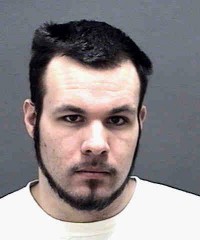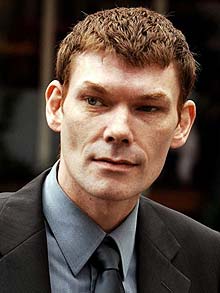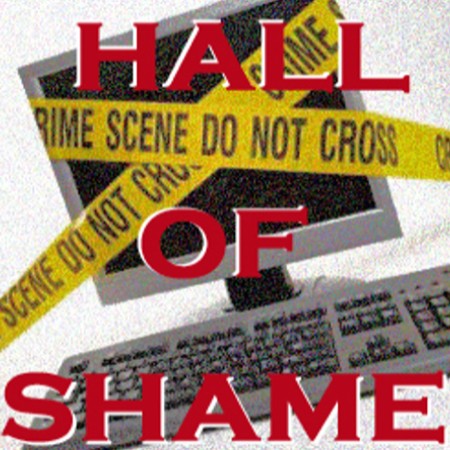
Possible Entrapment Scenario In Hacking Case



British computer hacker [Gary McKinnon] lost his final appeal to block his extradition to the U.S. He stands accused of hacking into almost 100 U.S. military and NASA computers from his girlfriend’s aunt’s house in London over a four year period by the U.S. government. If convicted of the crimes in a U.S. court, he could face up to 70 years imprisonment. [Gary McKinnon] freely admitted to hacking into the computers, but claimed that he did it out of curiosity, not out of malice or any terroristic aims. He was looking for information on UFOs. The U.S. government claimed that in addition to hacking into the computers, he also stole 950 passwords and erased important files. [McKinnon’s] next move will be to appeal to the European Court, and if unsuccessful, he will have no other option but to stand trial in the U.S. court system.

In the aftermath of [Terry Childs], the jailed disgruntled software engineer who created a God password and effectively locked San Francisco officials out of their own computer system, IT Grind unveils its Techie Hall of Shame. The Hall of Shame highlights figures who give computer professionals a bad name. From [Roger Duronio], the systems administrator who wasn’t satisfied with his raise, to [Kenneth Kwak], who installed spyware on his boss’ computer in order to gossip, the wrath of the IT professional can wreak thousands to millions of dollars of damages for companies and corporations to clean up. As much as these figures seem to be singular figures, we think they also serve as cautionary tales. Always have backup. If you suspect you’ve got a disgruntled employee, you should probably at the very least keep another expert eye on him. And hire more than one person to manage your systems. [Deb Perelman] asks her readers who else they think would be worthy of the Hall of Shame. We’re curious to know what you think, too.
[via digg]

The court cases against high profile hackers [Gary McKinnon], [Gregory King], and [Robert Matthew Bentley] all had major developments last week, with [King] and [Bentley] sentenced to time in prison and [McKinnon] in a tenuous
state fighting extradition.
Both [King] (aka Silenz) and [Bentley] (aka LSDigital) will serve time for crimes related to botnets, but where [King] used one to stage DDOS attacks, [Bentley] used them to create spam. [King]’s botnet had 7,000 nodes, and though the court did not release the size of [Bentley]’s botnet, all of his bots were computers in the Rubbermaid company. [King] agreed to a two-year sentence, while [Bentley] was sentenced to 41 months.
[McKinnon] (aka Solo) who is of British origin, may serve up to 60 years in prison for mounting the “biggest military hack ever” on U.S. government computers. Between 2001 and 2002, he allegedly hacked into 97 computers in U.S. military and NASA networks. To be charged in American courts, though, he would have to be extradited first, and his extradition appeal to British courts is currently pending.

Hack-A-Day is looking for fulltime contributors in the the Los Angeles area. The details are in this Craigslist ad.
Our friends at Mahalo are also looking for a Systems Engineer, Los Angeles.